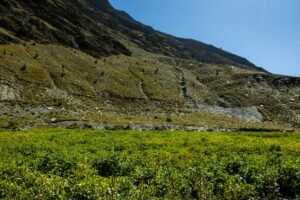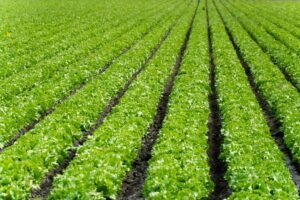Farming in California is a thriving industry, but it comes with inherent risks, especially for operations that raise livestock. Diseases can spread quickly among animals, causing significant financial losses and disrupting farm operations. For farmers, livestock disease coverage is a crucial component of farm business insurance, providing protection against unexpected outbreaks and ensuring the long-term sustainability of their operations.
Understanding Livestock Disease Coverage
Livestock disease coverage is a specialized type of insurance designed to protect farmers against financial losses resulting from illness or disease affecting their animals. Unlike general livestock insurance, which may only cover mortality due to accidents or natural disasters, disease coverage specifically addresses losses related to health issues. In California, where farms may raise cattle, sheep, goats, pigs, or poultry, this coverage ensures that unexpected disease outbreaks do not jeopardize the farm’s financial stability.
Types of Livestock Diseases Covered
Policies vary, but most livestock disease coverage protects against common and high-risk diseases relevant to the region and type of livestock. Coverage may include contagious diseases, chronic illnesses, and conditions that reduce productivity or market value. Some policies also cover veterinary costs for treatment, quarantines, and preventive measures such as vaccinations. By tailoring coverage to specific farm needs, California farmers can mitigate financial risks associated with livestock health challenges.
Financial Protection for Farmers
The financial impact of a livestock disease outbreak can be devastating. Losses may include the death of animals, decreased production, veterinary expenses, and potential quarantine or culling costs. Livestock disease coverage compensates farmers for these losses, helping maintain cash flow and operational continuity. This financial protection allows farmers to continue paying employees, investing in equipment, and managing day-to-day operations even during a challenging health crisis.
Risk Management and Prevention
While insurance provides essential protection, proactive risk management is key to minimizing disease-related losses. Implementing biosecurity measures, maintaining proper sanitation, providing vaccinations, and regularly monitoring animal health can reduce the likelihood of outbreaks. Insurance providers often consider these preventive measures when determining premiums, which can help farmers lower costs while enhancing overall farm resilience.
Choosing the Right Policy
Selecting the right livestock disease coverage requires careful evaluation of the farm’s size, type of livestock, and regional risks. Experienced insurance providers can guide California farmers in choosing policies that address their specific needs, including coverage limits, deductibles, and additional protections. Regularly reviewing and updating policies ensures that the farm remains adequately protected as operations expand or new risks emerge.
Conclusion: Protect Your Livestock and Farm Business
Livestock disease coverage is an essential component of farm business insurance in California. It safeguards animals, secures financial stability, and helps farmers manage risks associated with unexpected outbreaks. By understanding coverage options, implementing preventive measures, and working with knowledgeable insurance providers, California farmers can protect their livestock, income, and long-term success. For comprehensive farm business and livestock insurance solutions, visit Western Insurance







